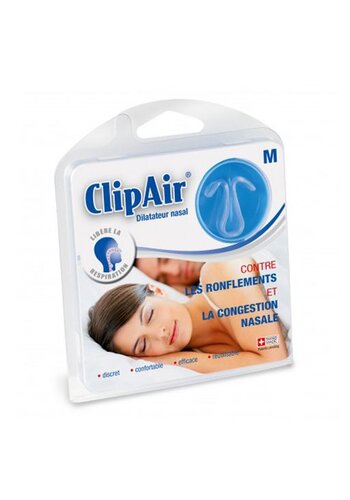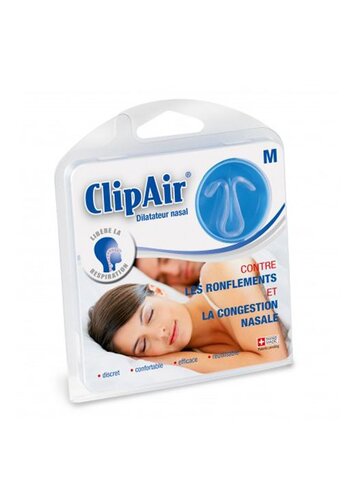How to stop snoring?
The definition of snoring
Snoring is not really a health problem but is rather considered a social problem. Snoring mainly annoys the partner and rarely disturbs the snorer.
The sound levels vary from 50 to 60 dB and can reach peaks up to 95 dB. Snoring can cause sleep disturbances in the partner and cause couple problems.
Statistically it is estimated that 45% of adults snore. From the age of 60, snoring gets worse and affects 60% of men against 40% of women.
What promotes the appearance of snoring?
Hygienic-dietetic habits
- Tobacco
- Alcohol consumption in the evening or before bedtime
- Taking drugs like sleeping pills
- Overweight and excess body fat under the chin
- Sleeping on your back
Anatomy
- The thicker palate
- The elongated uvula
- Bulky tonsils
- Deviation of the nasal septum
- Chronic nasal congestion
- The lower jaw behind “retrognathia”.
How to treat snoring?
-
Modify your hygieno-dietetic habits:
- Stop smoking
- Do not consume alcohol in the evening
- Lose weight
- Learn to sleep on your side
-
Choose the treatment that suits you
- Mandibular advancement orthosis (OAM)
What is a Mandibular Advanced Orthosis (OAM)?
A mandibular advancement orthosis or anti snoring orthosis is a dental orthosis worn overnight to avoid snoring. Anti snoring mandibular advancement orthotics are made from specific medical materials to prevent side effects. A mandibular advancement orthosis is an ideal and easy-to-use anti-snoring solution.
How does a mandibular advancement orthosis work?
A mandibular advancement orthosis slightly advances the lower jaw so as to clear the airways. Snoring is thus treated and sleep apnea reduced, even eliminated.
Indication of treatment :
- Jaw backwards (Retrognathia of the chin)
- Continuous and noisy snoring.
- Snoring in all positions
- Light to moderate obstructive sleep apnea syndrome
- Intolerance to continuous positive pressure treatment (CPAP / PPC)
Rmed solutions: SOMNOFIT - SOMNOFIT S
- Nasal spreaders or dilators.
Widening the nostrils using a retractor or nasal dilator clip . It is indicated for light and moderate snorers. The air flows more freely through your nose and avoids opening your mouth at night.
Indication of treatment:
- Chronic nasal congestion
- Narrow nasal septum
Rmed solutions: CLIPAIR
- The so-called sleep position treatments
Learn to sleep on your side : 60% of snorers sleep on their backs. The back position during sleep causes the tongue to move backwards, thereby reducing the passage of air. In case of overweight, the phenomenon is aggravated.
Indication of treatment:
- Snorers sleeping on their backs
Rmed solutions: POSIFORM - SOMNOFIT-BELT - SOMNIBEL - RONFLESS
- Anti-snoring sprays
Scientific studies have shown the low effectiveness of sprays against snoring. Their duration of action is very limited in time (maximum 1 hour). Not effective in the treatment of snoring.
- Ear plugs
Precision sound filtering and protection against snoring and background noise
- No muffling
- Silicone free
- Comfortable and reusable
Indication of treatment:
- For the partner who experiences the sounds of snoring
The Rmed solution: NONOISE
![]() Scientific studies on the effects of somnofit and Posiform (VUB-ULB 2017)
Scientific studies on the effects of somnofit and Posiform (VUB-ULB 2017)





